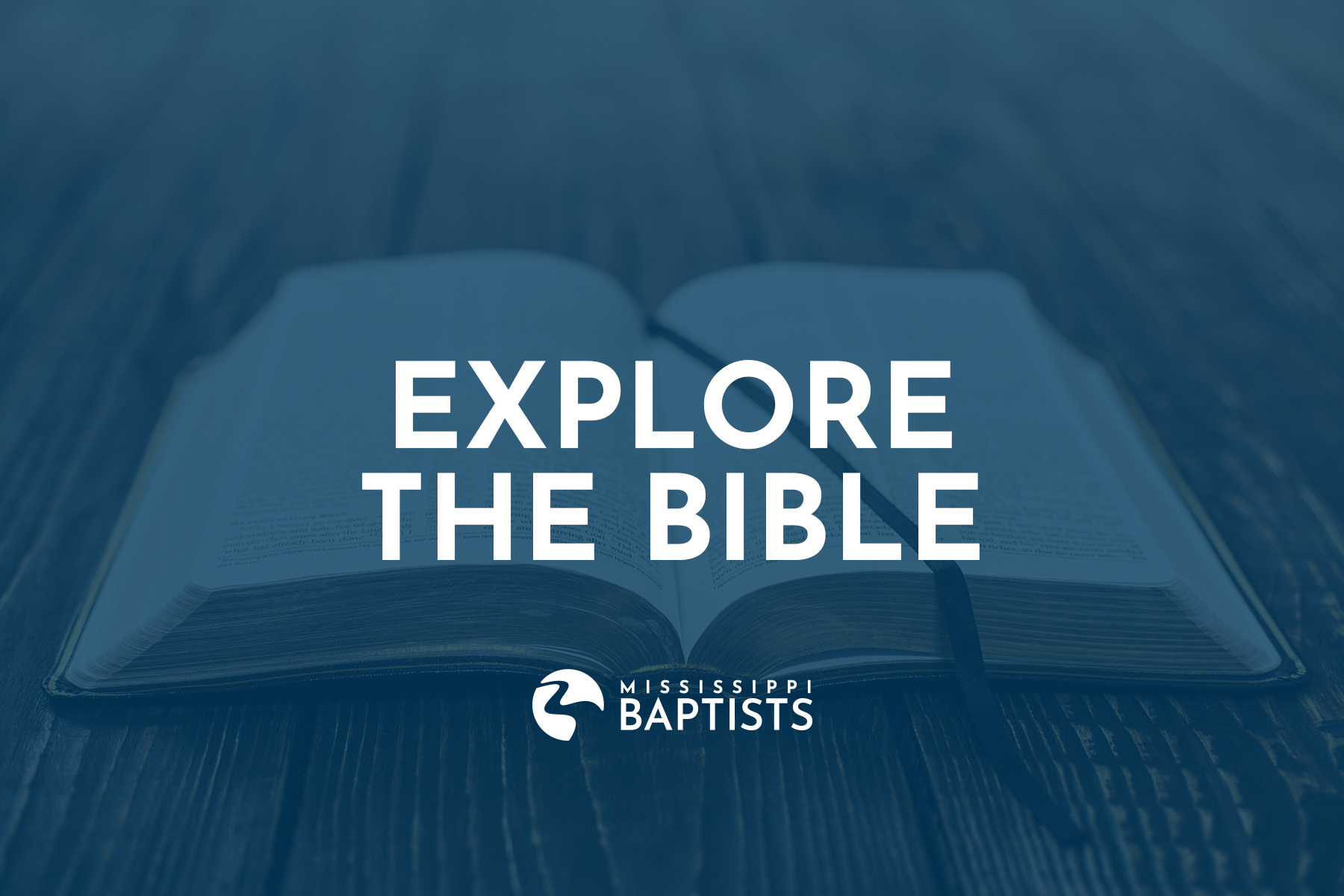God’s Righteousness • Psalm 5:1-12
By Philip Price

In his commentary, Alton McEachern introduced Psalm 5 by guiding readers to visualize the setting in which the psalm was used. Imagine the Temple courtyard packed with worshippers, murmuring in the twilight of dawn. Anticipation radiates through the crowd as the Jewish faithful prepare for worship — the most important time of the day. The sun appears over the Mount of Olives and reflects its golden brilliance off the towering bronze doors of the Temple. Priests intently perform their duties. Smoke slowly rises from the altar as the morning sacrifice is offered. Then, a hush falls over the crowd as flutes begin to play. The Eastern tonality of the melody fosters a contemplative mood. Divided into two groups — positioned on opposite sides of the inner court — singers from the choirs take turns vocalizing verses of Psalm 5 in unison, expressing the contrasting themes of righteousness and wickedness.
This psalm of David led worshippers to recognize the presence of the LORD and engage in reverent meditation on His Holiness. The psalm highlights the prayers of the righteous (vv. 1-6), the path of the righteous (vv. 7-10), and the promise to the righteous (vv. 11-12).
The Prayer of the Righteous (Psalm 5:1-6)
David begins with an urgent request: Listen to my words, Lord: consider my sighing (v. 1). While David prayed with words, he admitted that he could not express all he was feeling. He asked God to consider his sighing and to recognize the sound of his cry. He left no doubt to whom he was praying — the one true God — when he declared, I pray to you (v. 2). David requested that God hear his words, sighs, and cry (vv. 1-2). Paul addressed the content of our prayers when he wrote, …we do not know what to pray for as we should, but the Spirit himself intercedes for us with inexpressible groanings. (Rom. 8:26, CSB). We can be confident that the Holy Spirit can interpret our verbal and non-verbal expressions of our needs.
Next, he declared his confidence that God would always hear his voice. He pleaded his case and waited expectantly — In the morning (v.3). David practiced a “first things first” routine. He began his mornings with prayer.
Then, he declared that God rejects wickedness. Individuals who are comfortable practicing evil are far from Him (v. 4). He will not tolerate the boastful because their iniquity is exposed in His divine sight. Their prayers will not be heard.
The next declaration seems harsh: you hate all evil doers (v. 5). In English, the word “hate” equals emotional rage or impulsive violence. Yet the Hebrew word translated “hate” here reflects God’s moral opposition to sin, which is a contrast to his divine love or covenantal favor (Mounce). God is love, but he is also Holy. He will not tolerate iniquity. Therefore, God will destroy those who tell lies and he abhors violent and treacherous people (v. 6).
The Path of the Righteous (Psalm 5:7-10)
Confidently, David proclaimed he would enter the house of God because of the abundance of the Almighty’s faithful love. His physical and spiritual posture was to bow down toward the holy temple in reverential awe of his compassionate God (v. 7). He asked God to help him walk the path of righteousness in divine strength because he had adversaries who lurked around him desiring to destroy him. He admitted that he needed God to make His way undeniably straight before him (v. 8).
David did not trust anything his deceptive enemies said. He viewed their words as dangerous as an open grave into which an unsuspecting traveler could fall. These liars flatter with their tongues, but their goal is never to encourage (v. 9). Next, David called on God to punish his adversaries and to drive them out because of their crimes. The psalmist was not asking for personal vengeance but was expressing righteous anger over the blatant defiance shown when people rebel against God (v. 10). We are called to love everyone — trusting that God’s divine justice will prevail.
The Promise to the Righteous (Psalm 5:11-12)
Once again, imagine the worshippers at the Temple. Amidst the playing of the flutes in the morning air, the final verses ended with a call for believers to take refuge in God. They were to rejoice and shout for joy forever remembering that God would shelter his followers (v. 11). In closing, we are reminded that God blesses the righteous and surrounds them with favor like a shield (v. 12).
Price is the Associational Missions Strategist for the Jackson County Baptist Association, Pascagoula. He is a member of Ridglea Heights Church, Moss Point.




